Factory Farming Subsidies: How Public Money Fuels Climate Harm
News
New analysis for COP30 reveals how billions in agricultural subsidies support industrial animal farming—driving deforestation, emissions, and animal suffering worldwide.
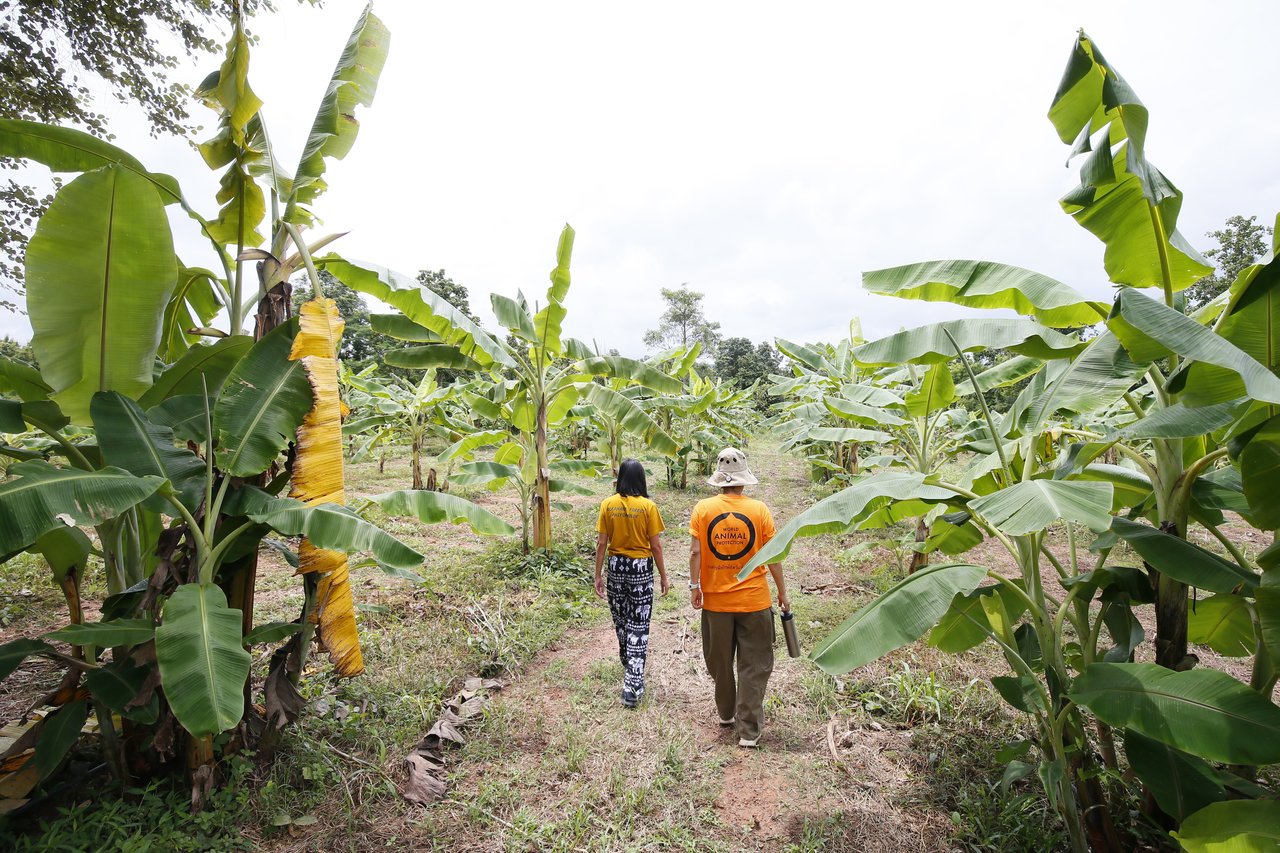
A “just transition” is essential to ending factory farming, protecting animals, and building sustainable and humane food systems that tackle climate change. Here at World Animal Protection, we’re campaigning for a just transition in food systems.
Let’s start with a just transition definition. A just transition is a framework for ensuring that the shift towards a sustainable, low-carbon, and environmentally-friendly economy is made in a fair and inclusive way— protecting people, communities, and the planet along the path to change.
The concept has its roots in the International Labour Organization (ILO). It highlights the importance of equity, decent work, and justice in tackling the climate crisis. But so far, sustainable food systems and animal welfare have been largely missing from this global conversation.
This is a critical gap. Food systems generate around one-third of global greenhouse gas emissions and are deeply entwined with livelihoods, health, animals, and biodiversity. A truly just transition must transform the way we produce and consume food — ensuring a future where people, animals, and the planet can thrive together.
Our food systems have a huge impact on the planet, animals, and people:
The intensive model of farming prioritises profit over people, animals, and the planet. It exploits workers and communities, drives climate change and biodiversity loss, and threatens public health.
Left unchecked, this system traps us in a vicious cycle: Cheap meat → rising demand → more factory farms → fewer small producers.
That’s why transforming food systems is one of the most powerful opportunities to build a fairer, humane, healthier, and more sustainable future.
Current food systems rely on factory farming. This industrial-scale farming is leading to climate breakdown and biodiversity collapse. It fails to consider the needs and welfare of local communities, workers, farmed animals, and wildlife.
Factory farming and climate change are closely linked. Global meat production is five times higher today than it was fifty years ago. And by 2050, meat production is forecast to grow by nearly 50% when compared to 2013.
Animal farming also accounts for 16.5% of global greenhouse gas emissions and is the biggest contributor of methane and nitrous oxide. Just one industrial agricultural company — JBS — is responsible for greenhouse gas emissions equivalent to 13.9 million cars annually.
The impacts of factory farming on the climate go further. Every year, huge swathes of land are cleared to grow animal feed. This deforestation accelerates the climate crisis by reducing the Earth’s capacity to absorb carbon from the atmosphere.
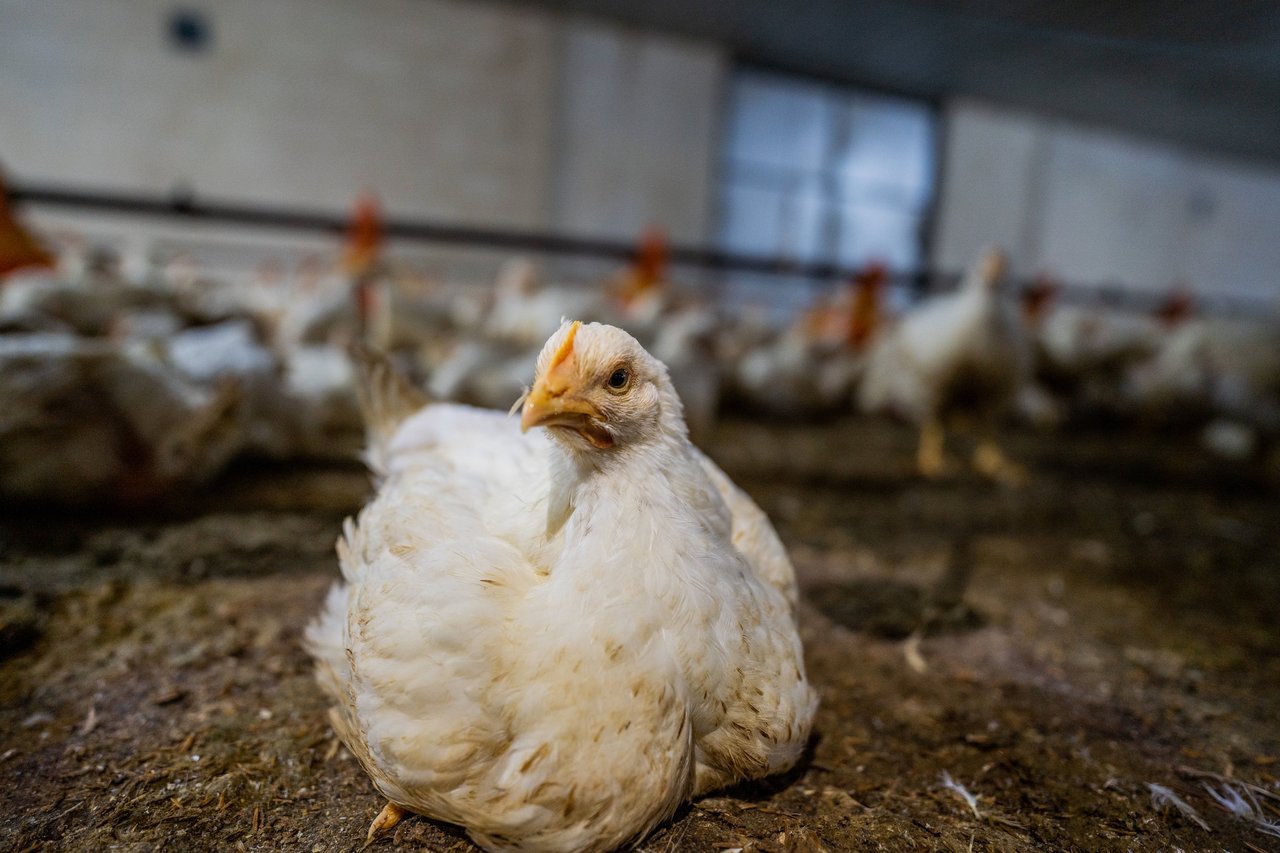
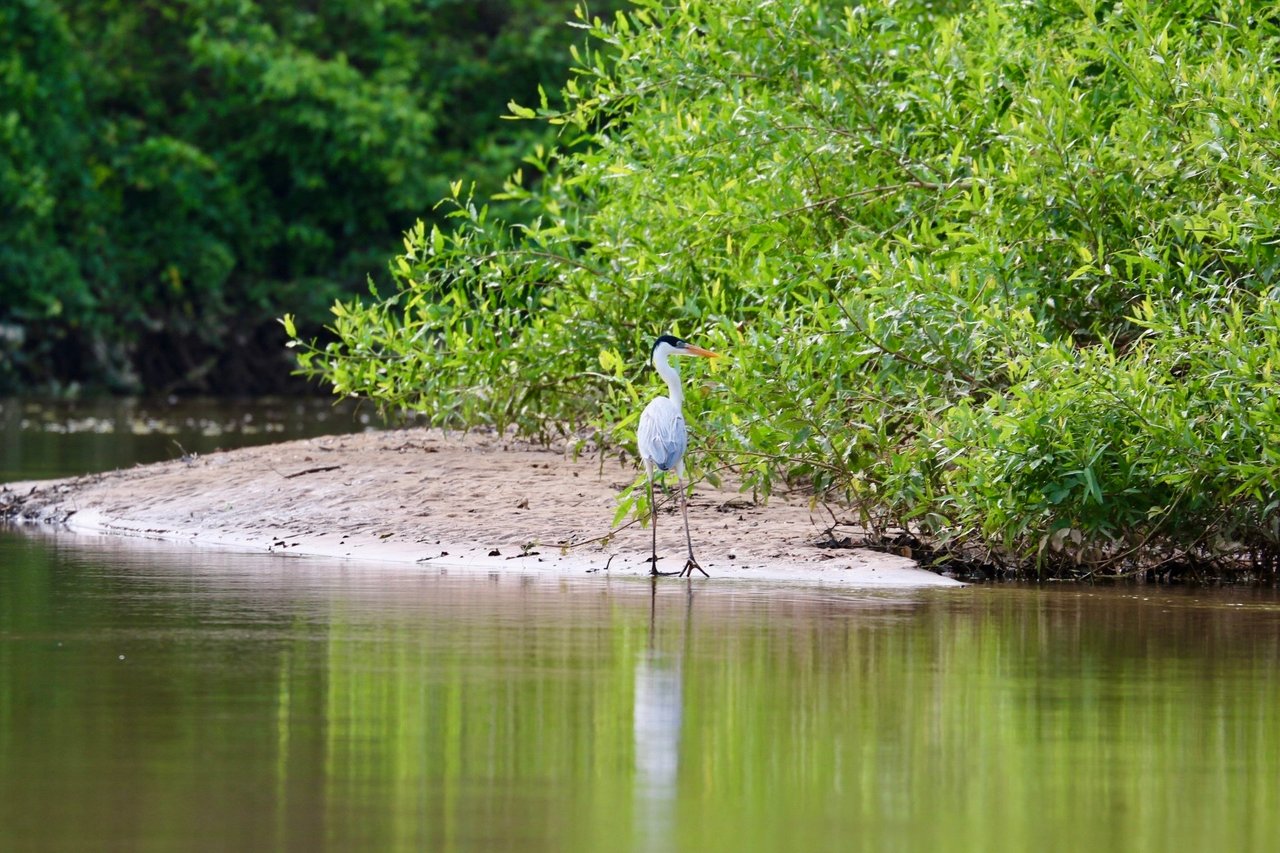
Agriculture is the single largest cause of habitat loss. It accounts for 80% of all land-use change globally. For every 10 kilograms of pork produced, five trees are cut down to make way for animal feed crops.
Pollutants from factory farms have also leaked into rivers and oceans, causing over 400 dead zones worldwide. These are areas within a body of water where oxygen levels have dropped so low that most marine life cannot survive.
Factory farming is leading to habitat destruction and biodiversity loss. This puts wildlife at risk and also harms our fight against climate change.
A just transition will benefit people as well as animals.
Currently, around 83% of the world’s agricultural land is used to rear or feed farm animals. But meat only provides 18% of our calories and 37% of our protein. This inefficient use of resources puts the world at risk of food insecurity.
Factory farming also puts our health at risk. Industrial farms use up to 75% of the world’s antibiotics and are contributing to a growing resistance to antibiotics, which is expected to cause 10 million deaths every year by 2050.
Pesticides are another problem for communities. Those used in agriculture cause 385 million cases of acute pesticide poisoning every year, and the contamination of food by heavy metals is responsible for one million illnesses and over 56,000 deaths each year.
By transitioning to a more sustainable food system, food security and risks to human health are reduced.

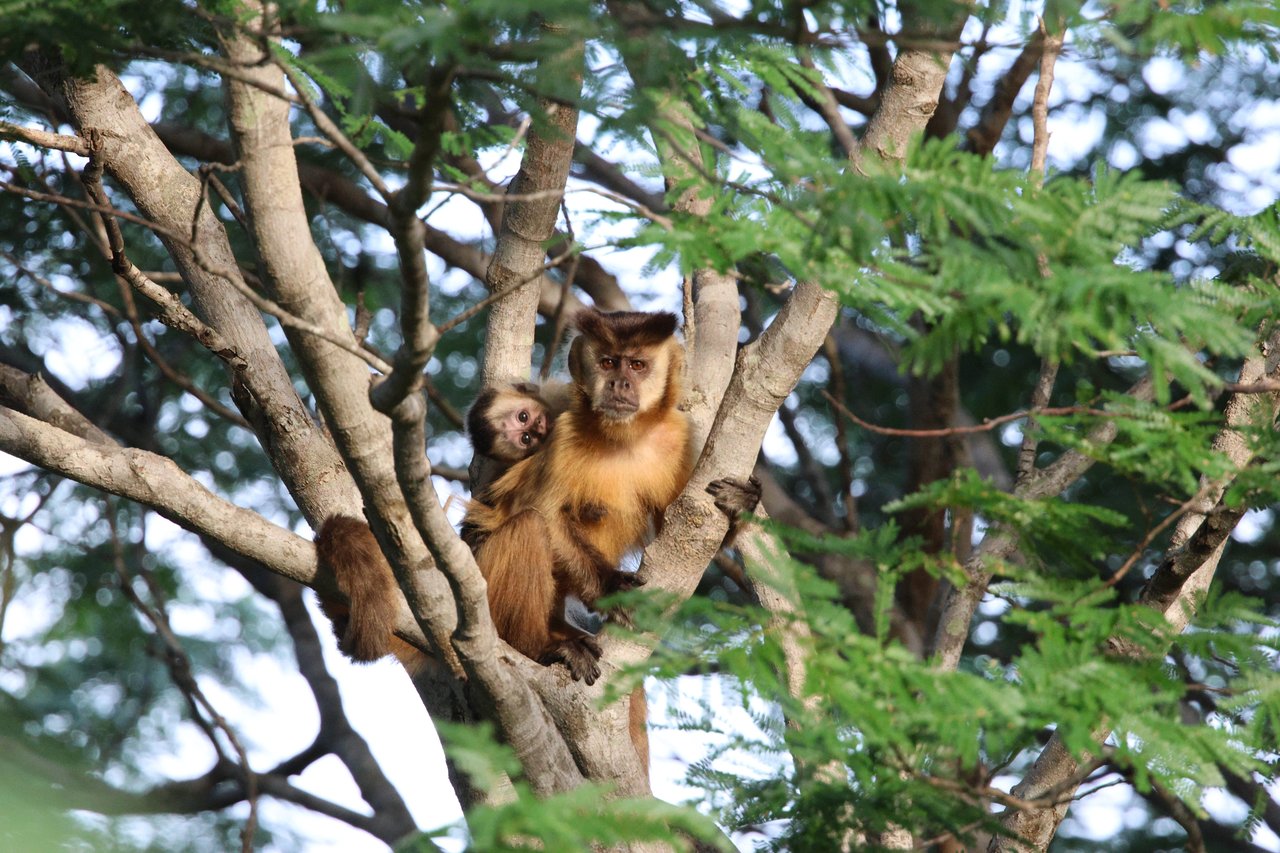
A just transition must also reform the financial structures and subsidies that keep factory farming in place.
Development banks, including the World Bank Group, the European Investment Bank, and the Asian Development Bank, have invested more than $4.5 billion of public money in industrial livestock corporations in the last decade.
Private financial institutions, such as banks, pension funds, and insurance companies, also have trillions of dollars tied up in companies that are linked to factory farming.
The focus is on short-term profits, not the long-term impacts of factory farming. This investment is fuelling climate change and deforestation, and destroying the livelihoods of smallholder producers.
World Animal Protection is working with international and regional partners to ensure food systems and animal welfare are at the centre of climate action. Here’s what we’ve been up to.
At global climate negotiations — including COP30 — we’re calling on governments to redirect subsidies and finance away from factory farming and toward sustainable, high-welfare, plant-rich food systems.
Through our research and advocacy, we’ve exposed how public development banks and private investors fund industrial farming, and how this fuels climate change, deforestation, and injustice across the Global South.
We’re building on momentum from COP290 and will be launching the Factory Farming Index, a first-of-its-kind accountability tool that ranks companies and investors according to their involvement in industrial farming.
Across regions, we’re translating the just transition into action:
We know that transforming our food systems requires global collaboration. Together with partners in the Just Transition for Food Network, we’re driving a worldwide shift away from industrial animal production toward equitable, humane, and sustainable food systems. Our shared Just Food Transition Roadmap sets out practical policy pathways — from strengthening corporate accountability to advancing agroecology and healthier diets within planetary boundaries.
Our shared Just Food Transition Roadmap sets out practical policy pathways — from strengthening corporate governance and advancing agroecology to shifting diets within planetary and social boundaries.
A just transition means shifting away from destructive systems that harm animals, people, and the climate — and building food systems that are fair, sustainable, and humane.
When we connect the dots between animal welfare and climate action, the path forward becomes clear. We move towards a world where food systems work for everyone.
Factory farming is one of the biggest drivers of both animal suffering and climate breakdown. Billions of animals are crammed onto industrial farms, where they live in terrible conditions for the duration of their often very short lives.
Ending factory farming would not only free animals from lives of misery but also slash emissions, restore ecosystems, and protect human health.
Industrial agriculture is a leading cause of deforestation and habitat destruction worldwide. Forests, wetlands, and grasslands are cleared to grow feed crops or make way for cattle. This leaves wild animals homeless and pushes species towards extinction.
Protecting biodiversity strengthens the planet’s resilience to climate change and preserves the balance of life we all depend on.
A just transition supports farmers and communities to move away from industrial production and adopt sustainable, high-welfare, and plant-rich systems. It ensures policies are developed with the input of those most affected, and that animal welfare standards are robust throughout remaining livestock systems.
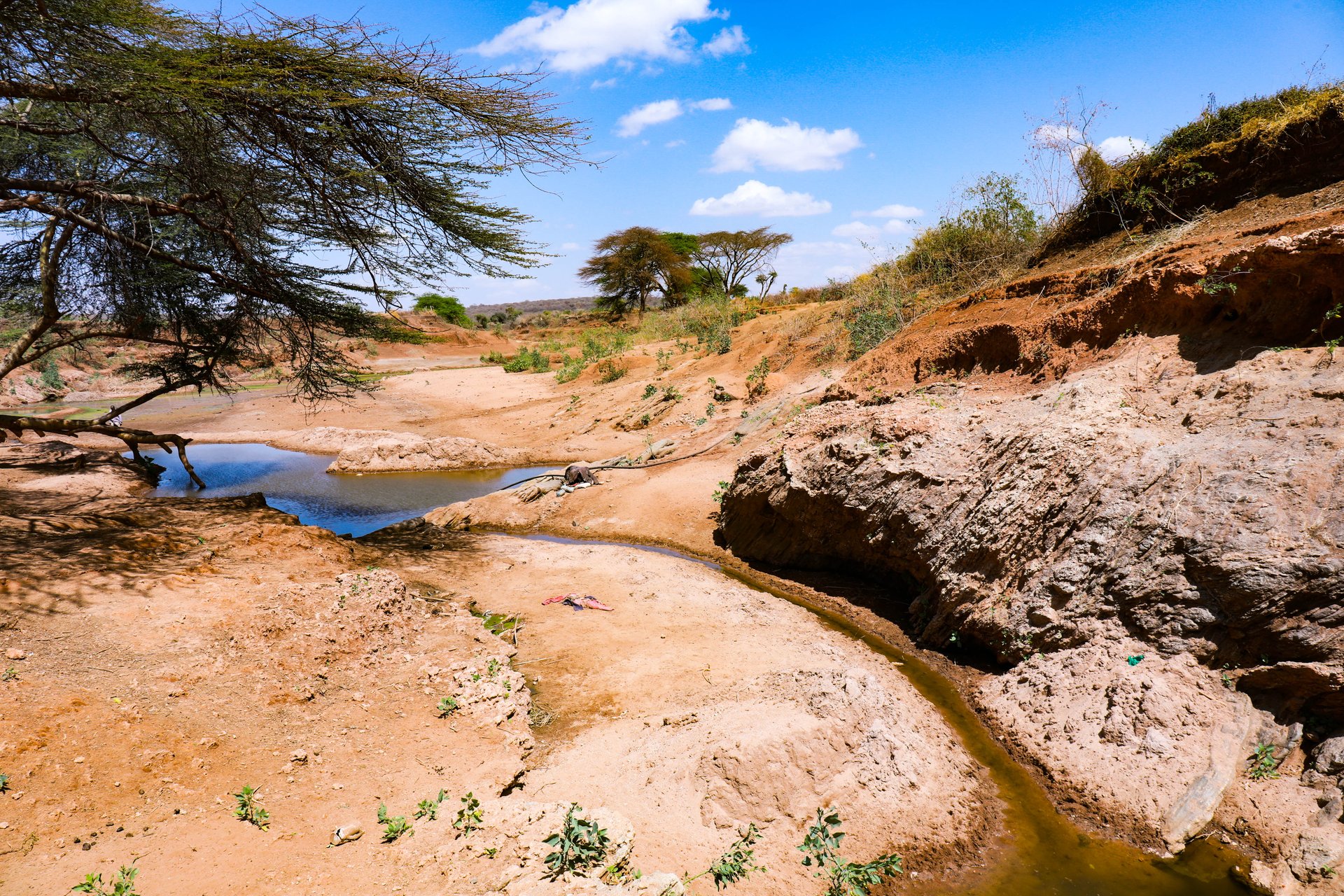
Global collaboration for change
The Just Transition for Food Network unites organisations and movements calling for a global phaseout of industrial animal production. Co-led by World Animal Protection, the Center for Biological Diversity, Global Forest Coalition, Brighter Green, and Aquatic Life Institute, the Network drives collective advocacy to transform food systems into equitable, humane, and sustainable ones. Its roadmap and policy recommendations are helping shape international negotiations and local movements — from climate and biodiversity COPs to national campaigns. Our role is distinct: we ensure that animal welfare and the end of animal exploitation remain at the heart of every just transition for people, communities, and the planet.
Learn moreThere are many ways you can support a just transition and help achieve food system transformation.
A just transition in food systems means moving beyond the current system of industrial animal production towards an equitable, humane, and sustainable food system. The current system prioritises profit over workers, animals, communities, and the environment.
Factory farming drives deforestation and habitat destruction, accelerating biodiversity loss and climate change. According to experts, global emissions from animal production have to decline by 50% by 2030 to meet the targets of the Paris Agreement.
A just transition helps farmed animals by ending cruel factory farming and supporting food systems that respect animal welfare, protect wildlife habitats, and restore balance to nature.
World Animal Protection is unique because we put animals at the centre of food system transformation. We show that animal welfare is inseparable from protecting biodiversity, supporting communities, and tackling climate change.
A just transition in food systems means moving beyond the current system of industrial animal production towards an equitable, humane, and sustainable food system. The current system prioritises profit over workers, animals, communities, and the environment.
News
New analysis for COP30 reveals how billions in agricultural subsidies support industrial animal farming—driving deforestation, emissions, and animal suffering worldwide.
Wildlife
Discover the causes and impacts of habitat loss, explore real-world examples, and learn how to protect and restore vital wildlife habitats worldwide.
Food systems
Factory farming is a global problem, that requires a global solution. A moratorium on factory farms is urgently needed to safeguard animals, our climate, health and the environment.
News
European Parliament delays Mercosur deal with court referral, offering advocacy space for animal welfare, One Health and deforestation...
Press release
First-of-its-kind research exposes true global scale of factory farming and its detrimental effects on farmed animals, human health,...
Press release
World Animal Protection urges a global move from industrial animal farming as COP30 concludes in Belém, calling for...
News
COP30 closed with limited progress on forests, food systems, or animal welfare. World Animal Protection warns that Big...